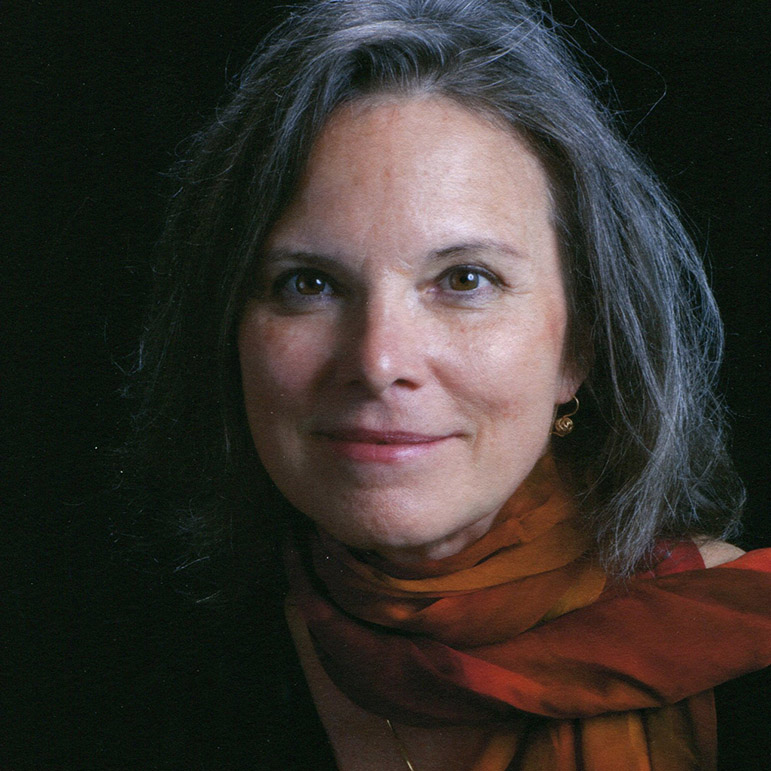NPR’s sites use cookies, similar tracking and storage technologies, and information about the device you use to access our sites (together, “cookies”) to enhance your viewing, listening and user experience, personalize content, personalize messages from NPR’s sponsors, provide social media features, and analyze NPR’s traffic. This information is shared with social media, sponsorship, analytics, and other vendors or service providers. See details.
Amjad sabri qawwali download. What You Have Heard Is True is a devastating, lyrical, and visionary memoir about a young woman's brave choice to engage with horror in order to help others. Written by one of the most gifted poets of her generation, this is the story of a woman's radical act of empathy, and her fateful encounter with an intriguing man who changes the course of her life. In conversation with Beth Kephart, the award-winning author of twenty-four books, including Going Over, Handling the Truth: On the Writing of Memoir, and Flo. Carolyn Forche’s urgent and compelling memoir narrates her role as witness in an especially explosive and precarious period in El Salvador’s history. This incredible book shapes chaos into accountability. It marries the attentive sensibility of a master poet with the unflinching eyes of a human rights activist.”.
You may click on “Your Choices” below to learn about and use cookie management tools to limit use of cookies when you visit NPR’s sites. You can adjust your cookie choices in those tools at any time. If you click “Agree and Continue” below, you acknowledge that your cookie choices in those tools will be respected and that you otherwise agree to the use of cookies on NPR’s sites.
The book, a finalist for a National Book Award, recounts the time Forché spent in El Salvador from 1978 to 1980, when she interacted with key military, political, and religious leaders before the outbreak of the Salvadoran Civil War.
Forché and Elie were joined by Rev. David Hollenbach, S.J., Georgetown’s Pedro Arrupe Distinguished Research Professor and a Berkley Center senior fellow with expertise in human rights and experience in Latin America.
Reliving to Remember
The poet began her unexpected journey to El Salvador when she met Leonel Gómez Vides, a Salvadoran political activist who appeared at her doorstep in 1977.
“The book begins with this visitor who is predicting war in El Salvador in three to five years,” Forché explained. “What does he want? He wants a poet to come to El Salvador right now because it’s very important for a poet to see this right now.”
Witnessing Unrest
Gómez wanted Forché to witness the unrest in El Salvador before explaining the situation to the American people, a chance to contribute to political activism that the poet could not pass up.
“He asked me a question that no one had ever asked me before,” she said. “What had I planned to do for the rest of humanity?”
Forché was often terrified of the political violence in El Salvador, a trauma the poet processed while writing her memoir.
“It took a long time for this experience to mature within me,” Forché said. “I had to go through it again. I had to relive it to remember it in precise terms.”
Jesuits and Justice
Forché credits her commitment to social activism to her upbringing in the 1960s.
Carolyn Forche Bio

“I went to college between 1968 and 1972,” she said. “I majored in the anti-war movement – we all did.”
So when the poet met Jesuit activists in El Salvador working for human rights and social justice, she was well prepared to join their work.
While in El Salvador, Forché befriended the prominent priest, scholar and activist Rev. Ignacio Ellacuría, S.J., who, alongside five other Jesuits and two associates, was assassinated by Salvadoran military forces in 1989.
“He was a guiding intellect among everyone who was working for human rights and social justice,” remembered Forché.
The poet also spent time with Saint Óscar Romero, archbishop of San Salvador, an outspoken advocate for social justice who was killed by right-wing forces in 1980. She recalled witnessing how Romero assumed an aura of holiness.
“He was giving off this strange light – it was on him, it was on his face, it was in his hair, it was in his eyes,” shared Forché. “I saw his tranquility.”

Reflecting on Refugees

Hollenbach later joined the conversation to reflect on the aftermath of the Salvadoran Civil War, noting how the U.S. decision to pull out of El Salvador after the war contributed to continued unrest.
“We basically just left people in the state that we had helped create there, where there was continuing poverty, continuing urgency of need for help,” Hollenbach explained. “Many of them migrated to the United States as refugees.”
Forché, who has continued to advocate for Salvadoran refugees, finds working for those in need key to processing her own experiences.
Carolyn Forche Memoir Book
“There’s one thing that really helps trauma – more than medications, more than anything else – and that’s work on behalf of suffering people who are adjacent somehow to the trauma,” Forché said.
By continuing to advocate for social justice, Forché accomplished the goal that Gómez laid out in their first meeting.
Carolyn Forche Today
“In Latin America, we take our poets very seriously – we either send them to diplomatic posts or we put them in prison,” she said. “You’re just going to have to change what a poet is in the United States.”
